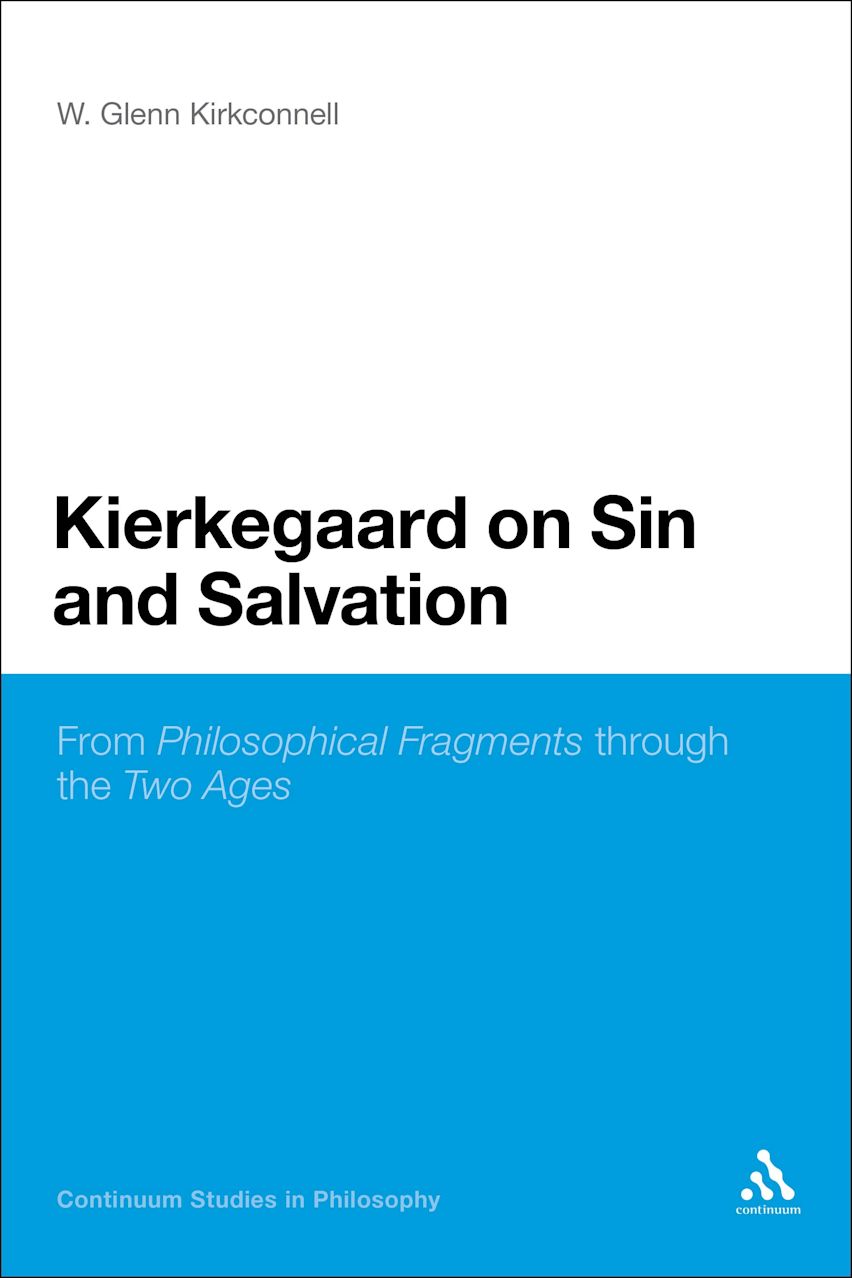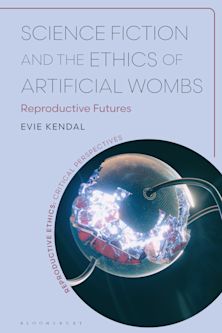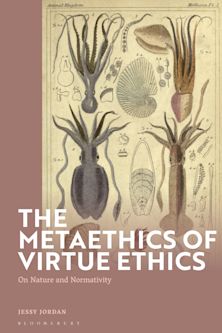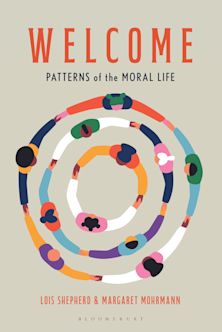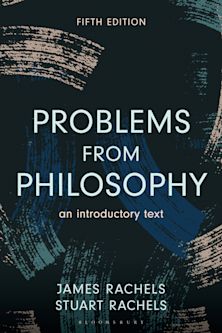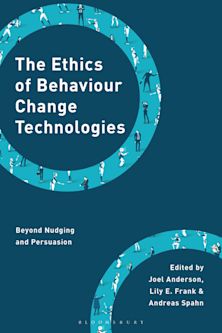- Home
- ACADEMIC
- Philosophy
- Ethics and Moral Philosophy
- Kierkegaard on Sin and Salvation
Kierkegaard on Sin and Salvation
From Philosophical Fragments through the Two Ages
Kierkegaard on Sin and Salvation
From Philosophical Fragments through the Two Ages
This product is usually dispatched within 2-4 weeks
- Delivery and returns info
-
Flat rate of $10.00 for shipping anywhere in Australia
You must sign in to add this item to your wishlist. Please sign in or create an account
Description
Kierkegaard was deliberately obscure in his philosophical writings, forcing his reader to interpret and reflect. But at the same time that Kierkegaard produced his esoteric, pseudonymous philosophical writings, he was also producing simpler, direct religious writings. Since his death the connections between these two sets of writings have been debated, ignored or denied by commentators. Here W. Glenn Kirkconnell undertakes a thorough examination of the two halves of Kierkegaard's authorship, demonstrating their ethical and religious relationship and the unifying themes of the signed and pseudonymous works. In particular the book examines Kierkegaard's understanding of the fall of the self and its recovery and the implications of his entire corpus for the life of the individual.
Table of Contents
Product details
| Published | 02 Apr 2012 |
|---|---|
| Format | Paperback |
| Edition | 1st |
| Extent | 192 |
| ISBN | 9781441110244 |
| Imprint | Continuum |
| Dimensions | 234 x 156 mm |
| Series | Continuum Studies in Philosophy |
| Publisher | Bloomsbury Publishing |
About the contributors
Reviews
-
Kirkconnell's attempt to read Kierkegaard the way that Kierkegaard wanted to be read, with the aesthetic works in one hand and the edifying works in the other, promises to have a deep impact on the future of Kierkegaard research. This book deserves a wide audience.
Lee Barratt, Stager Professor of Theology, Lancaster Theological Seminary, USA
-
'The treatment of the rarely discussed Interlude in Fragments is thoughtful and insightful and well worth pondering...'
Journal of Religious Studies











